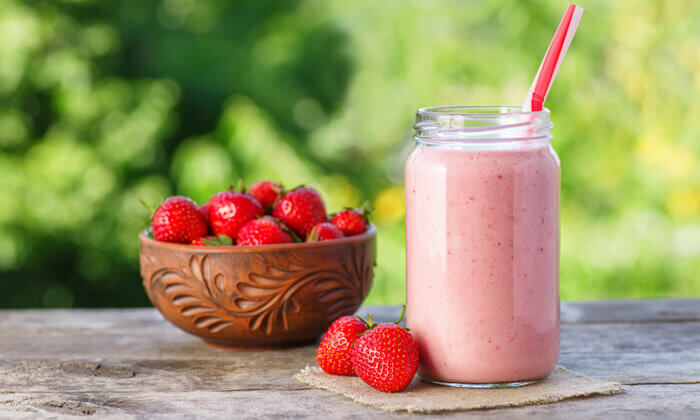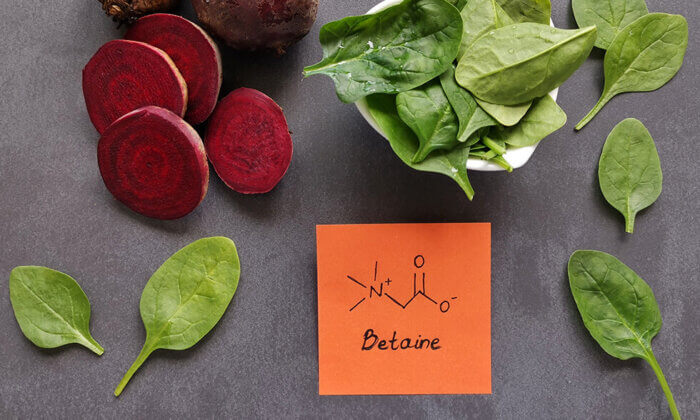FLU, RSV, COVID Vaccine: Get the Shots or Not?
| | Reading Time: 4 minutes

Once again, it’s fall respiratory virus infection season. Every day for the last few weeks, my patients ask about vaccination. Should I get the new COVID vaccine? These are the four main questions they want to know more about:
- Are current vaccines safe?
- Do they prevent infection?
- Isn’t it dangerous to get all three?
- Do I need another booster if I had COVID, the original two vaccinations, and a booster?
They also want to know my personal experience. So, let’s start there.
At the beginning of the pandemic in 2020, it was the responsible thing to do to get vaccinated. I wanted to be an example for my patients and the community. But I waited for the Moderna vaccine. The Pfizer-BioNTech vaccine was too rushed. I was cautious because, like many of my patients, I’m susceptible to environmental allergies, have many food sensitivities, and have had previous vaccine reactions.
I had my first shot on a Friday morning, allowing the weekend to recover if I reacted. Besides a sore arm, I was tired for several hours but was back to normal by Sunday. When it came time for the second shot, I planned my weekend similarly. But this time was different. I was so drained and exhausted that I couldn’t get out of bed until Sunday. And though somewhat better, I was still tired when I returned to work on Monday.
A few months later, I developed an irregular heartbeat. Coincidence? I don’t think so. My cardiovascular health was excellent.
That was in early 2021, and I’m still tired much of the time, along with some brain fog. My self-diagnosis is a mild case of Long COVID due to vaccination.
Current COVID Vaccine Status
Vaccines were fast-tracked in the first year of the COVID-19 Pandemic, with the Pfizer-BioNTech shot released in December 2020. The FDA approved updated COVID RNA vaccines in September 2023. However, the rollout got delayed due to high demand and supply hesitations.
Though COVID vaccine don’t prevent infection, they are better than no protection against severe consequences, including death in the most vulnerable people. Vaccinating these individuals makes sense. But, in my professional opinion, vaccinating everyone is an overly aggressive approach with the potential for more harm than good. I’m one of those.
Is The New COVID Vaccine Any Better?
The updated vaccines include a component addressing the Omicron variant XBB.1.5. But the primary mix of ingredients is the same. The new booster is just an updated version of the previous one that targets one variant, XBB.1.5, but that variant is no longer prominent. The dominant variants in September 2023 are EG.5, FL.1.5.1., and XBB.1.16. Though EG.5 spreads faster and accounts for about 20% of cases, it’s not as severe as the original strains. That is not a sound argument for getting more COVID shots for everyone.
These new variants are different enough to potentially evade immunity previously acquired from vaccination or infection, which questions how well the new vaccines will work.
Vaccination helps dampen the effects of severe illness and can slow the spread of infection within a population. But on an individual basis, there are many considerations and responsibilities.
Most of my patients had no reactions from their first vaccinations or a booster. They also took my recommended immune-supportive supplements. With my approval, one of them is an active 84-year-old man who plans to get the updated booster because he will fly across the country and experience increased exposure in airports and planes. I also advised him to get the RSV/COVID vaccine.
However, I won’t get the new booster. Nor will I get the RSV or influenza vaccines. Instead, I’ll be proactive and increase my immune support with daily zinc, selenium, vitamin C, and beta-glucan doses. And I’ll get a weekly high-dose vitamin C intravenous drip. I’ll continue to wear N95 masks and use hand wipes. The clinic will remain open, and I’ll see patients.
Is a “Tripledemic” Certain?
Health authorities are concerned about the convergence of SARS-CoV-2 infection, influenza, and respiratory syncytial virus (RSV). But a looming tripledemic is not inevitable—common cold and flu cases increase every winter. RSV is not a seasonal virus, but infections have surged in children under five years and adults over 60.
Since 2020, we’ve had fall and winter seasons with the common cold, influenza, and COVID. Public health authorities expect increased COVID cases because of the new highly contagious variant. And some of these may have overlapping infections with the flu, a cold, or RSV.
RSV is usually a mild infection, but it can sometimes be severe. Older adults over 65 years are the most vulnerable, as they are with the flu and COVID. The difference is that RSV infects the lower respiratory tract and can cause life-threatening pneumonia and bronchiolitis – you can’t breathe due to swelling of the small airway passages in the lungs.
The RSV vaccine is new, approved only this year, so we don’t know how it will do in the general population. However, studies found that Arexvy, one of the RSV vaccines, was highly effective in preventing severe lower respiratory disease in people over 60.
How Many RSV Vaccines Are There?
There’s no doubt that respiratory viral infections, including the common cold, may increase this fall through early spring. But a tripledemic is not a certainty.
How To Protect Yourself from Infection This Fall and Winter?
Vaccines are a type of preventive therapy. Though helpful, they could be better and are most useful in some age groups. However, they have potential side effects ranging from severe, like Guillain-Barre Syndrome, to mild, like a sore arm and tiredness. Other serious side effects include atrial fibrillation and chronic fatigue syndromes like Long COVID.
Avoidance is the best way to prevent infection. If you don’t get exposed, you won’t get sick. I advise taking additional precautions. Stay away from places where people congregate. Reschedule weddings if you can. Avoid air travel. Wear a well-fitted N95 mask if you must travel and when you go shopping. Support your viral immunity with supplements. See my viral immunity support recommendations.
Avoidance is the best way to prevent infection.
If you don’t get exposed, you won’t get sick.
Unlike COVID, RSV can spread through contact with contaminated surfaces. So, wipe surfaces, doorknobs, and bathroom counters with a disinfectant. Stay home if you have symptoms.
Drink plenty of fluids to prevent dehydration. Water with electrolytes or vegetable and chicken soup are good choices.
If you get sick, test yourself with an at-home rapid antigen test. If positive for COVID, boost your supplements and start antiviral treatment with Paxlovid. Know your other options in advance, including IV monoclonal antibodies.
I advise my patients over 60 and those with compromised immunity to discuss an individualized infection protection strategy with me. I’m in private practice to serve my patients. I don’t work for the government or any health agency.
Dr. Williams’ Top 10 Viral Immunity Supplements for COVID


